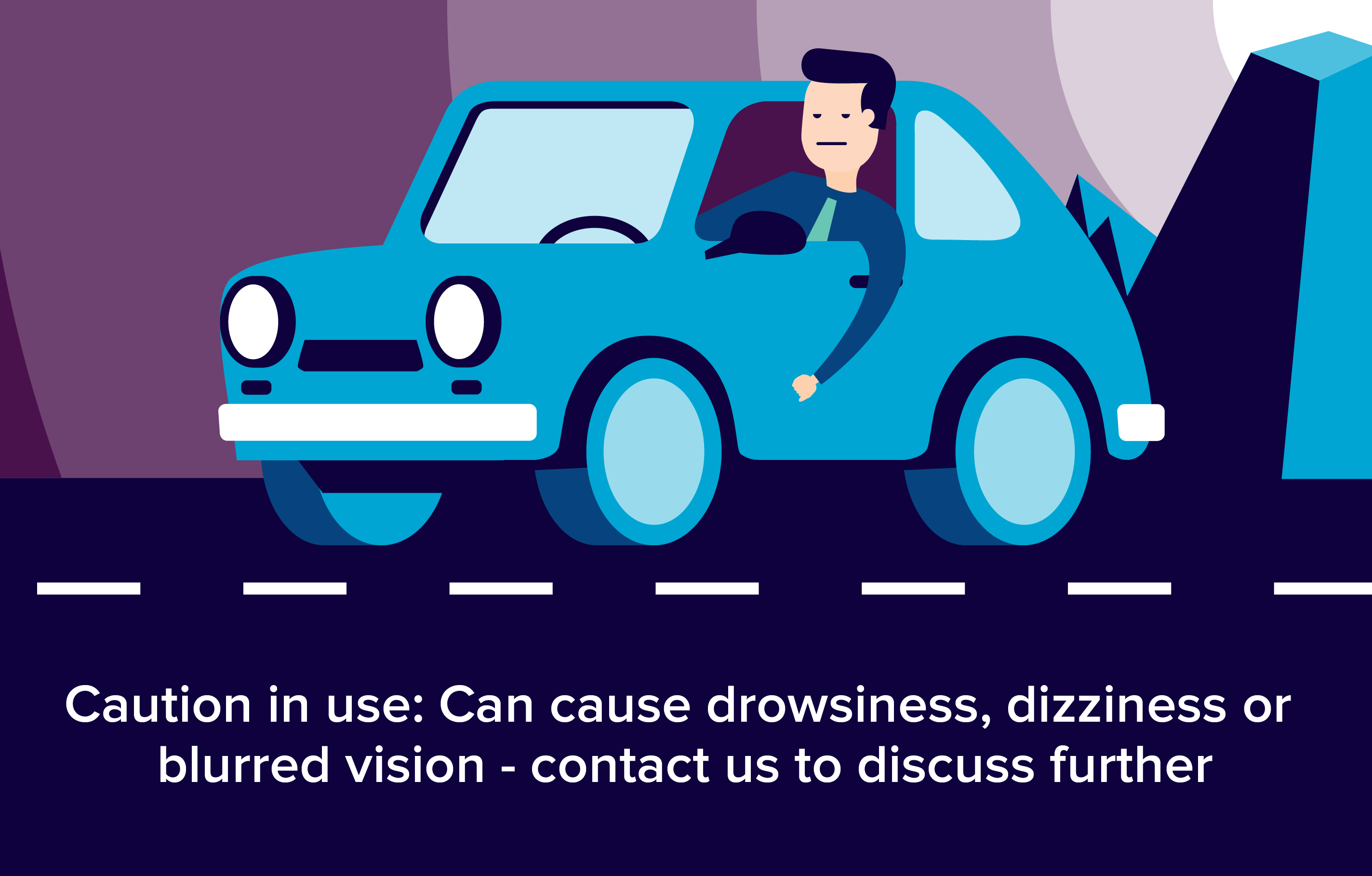Neulin SA (Theophylline) tablets are used to treat asthma, long-term breathing difficulties such as emphysema and chronic bronchitis, and are sometimes used to treat heart failure in adults. Neulin SA also reduces swelling in the lungs of asthma patients and relieves the feeling of chest ‘tightness’

Why have I been prescribed Neulin SA?
- Neulin SA (Theophylline) tablets are used to treat asthma, long-term breathing difficulties such as emphysema and chronic bronchitis, and are sometimes used to treat heart failure in adults.
- Neulin SA also reduces swelling in the lungs of asthma patients and relieves the feeling of ‘tightness’ in their chest.
How does it work?
Neulin SA contains a drug known as a bronchodilator. It opens up the airways that are narrowed in asthmatic patients making it easier to breath. It also helps to reduce the inflammation in the airways associated with asthma and other respiratory diseases.
When and how do I take it?
Nuelin SA tablets should be taken after food. These tablets should be swallowed whole and not crushed or chewed.
What’s the dose?
NUELIN SA 175 mg tablets
- The usual dose of these tablets for adults is one tablet twice daily. This may be increased to two tablets twice daily.
- If you are elderly your doctor may prescribe a lower dose for you.
- The usual dose for children (6-12 years) is one tablet twice daily.
- Nuelin SA 175 mg should not be taken by children under 6 years of age.
NUELIN SA 250 mg tablets
- The usual dose of these tablets for adults is one tablet twice daily. This may be increased to two tablets twice daily.
- If you are elderly your doctor may prescribe a lower dose for you.
- Nuelin SA 250 mg tablets should not be taken by children under 12 years of age.
Children
- Children over seven years of age can take these tablets. The required dose will depend on their weight and the severity of their breathing problems. This should be
- discussed with your doctor or pharmacist.
Could it interact with other tablets?
If you are taking any of the following, please tell your doctor:
- aminophylline or theophylline
- steroids
- diuretics (water tablets)
- bronchodilators (drugs for relieving asthma)
- oral contraceptives
- barbiturates
- antibiotics
Please tell your doctor if you are taking any of the following medicines: cimetidine, allopurinol, isoprenaline, adrenaline, ephedrine, glucagon, thiabendazole, quinolene antibiotics, diltiazem, verapamil, ciprofloxacin, erythromycin, phenytoin, carbamazepine, lithium, rifampicin, frusemide, sulphinpyrazone or fluvoxamine.
The herbal remedy St John’s wort (Hypericum perforatum) should not be taken at the same time as this medicine. If you already take St John’s wort, consult your doctor before stopping the St John’s wort preparations.
Herbal supplements should be used with caution and only after informing your doctor first.
What are the possible risks or side-effects?
Like other medications, theophylline may cause some side-effects:
These may include:
- stomach upset
- a fast or irregular heart beat
- headache
- feeling or being sick
- dizziness
- dermatitis/rash
- tremour
- agitation
- nervousness
- low blood pressure
If you notice any other side-effects, please tell your doctor or pharmacist.
If any of these side-effects continue for more than a few days, please tell your doctor or pharmacist. Your doctor may wish to test your blood to check your potassium balance from time to time, whilst you are taking these tablets. He/she may also use blood tests to make sure that you are receiving the correct dose of theophylline.
If any of the side effects become serious, or if you notice any side effects not listed in this leaflet, please tell your doctor or pharmacist.
Can I drink alcohol while taking it?
Neulin SA can interact with alcohol. Caution is recommended.
What if I’m pregnant/breastfeeding?
Nuelin should not be given during pregnancy unless considered essential by the doctor.
It is recommended that the mother nurses her infant just prior to taking her next dose, when theophylline levels in the blood are expected to be low.
If you have any more questions please ask your Pharmacist.
Remember to keep all medicines out of reach of children
Please Note: We have made every effort to ensure that the content of this information sheet is correct at time of publish, but remember that information about drugs may change. This sheet does not list all the uses and side-effects associated with this drug. For full details please see the drug information leaflet which comes with your medicine. Your doctor will assess your medical circumstances and draw your attention to any information or side-effects which may be relevant in your particular case.
References:
http://patient.info/medicine/theophylline
https://www.medicines.org.uk/emc/medicine/4863
http://xpil.medicines.org.uk/ViewPil.aspx?DocID=3881
http://www.netdoctor.co.uk/medicines/allergy-and-asthma/a7243/nuelin-sa-theophylline/
http://www.drugs.com/uk/nuelin-sa-250mg-tablets-leaflet.html

